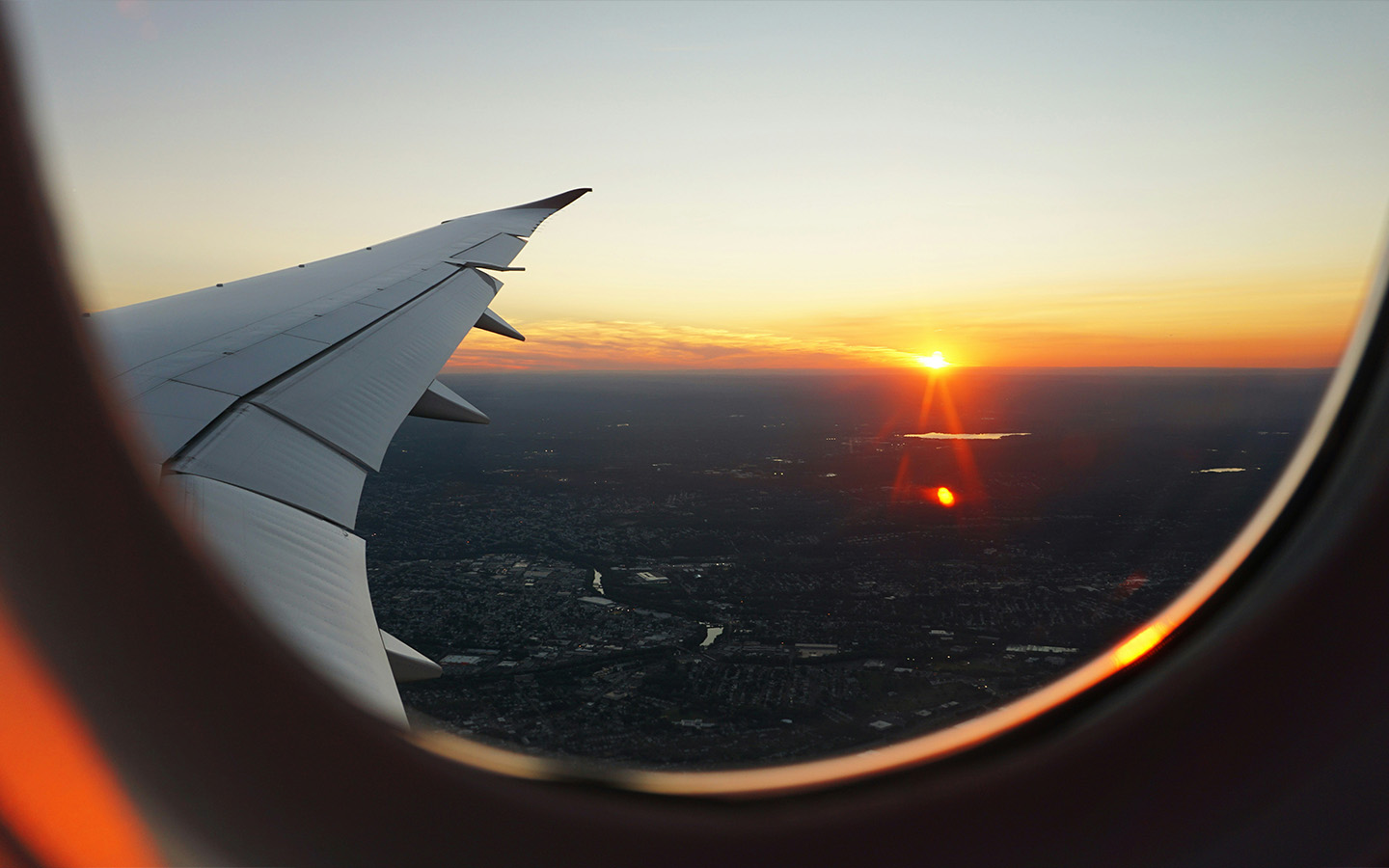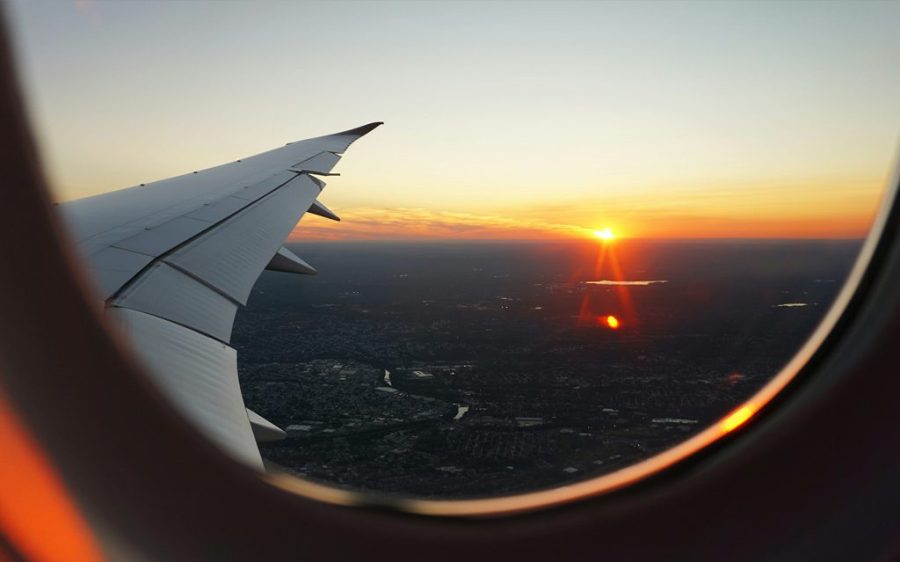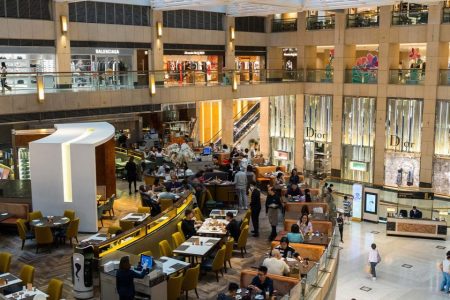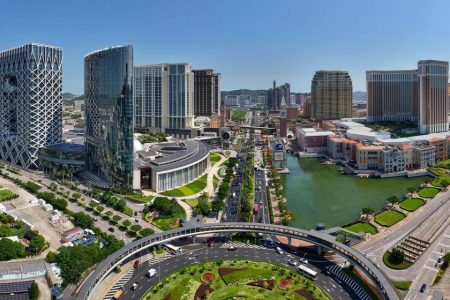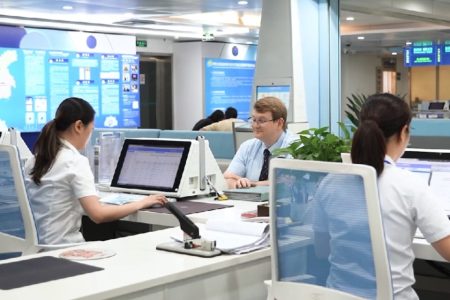The Asian IR Summit kicked off day one of its program this afternoon with two sessions relating to the development of the tourism industry in Macao and Asia. Taking place until 6 June, the event is being held concurrently with the Global Gaming Expo Asia (G2E Asia) at the Venetian Macao’s Cotai Expo, with more than 8,000 delegates taking part.
The first session of the Asia IR Summit began with a keynote speech by the director of the Macao Government Tourism Office (MGTO), Maria Helena de Senna Fernandes, who discussed Macao’s tourism performance, as well as the government’s diversification strategies.
Senna Fernandes said that 2019 – the last year before the Covid-19 pandemic – was the best year for tourism in Macao, with a record high visitor arrival rate of around 39 million, of which roughly 14.10 million were overnight guests. For 2023, she noted that recovery had come “very, very quickly,” with 28 million visitor arrivals, of which 13.57 million stayed at least one night. Mainland China, Macao’s largest tourism market, had recovered to 82 percent of its pre-pandemic levels between January and April of this year, she said.
The official also addressed the local government’s attempts to diversify Macao’s tourism offerings away from gambling, and pointed out that non-gaming spending had increased to US$286.6 per capita from 2019’s figure of US$200.75. She highlighted the fact that Macao’s six concessionaires had helped by investing in non-gaming products, cultural performances, sports events and the like. “There are concerts almost every other day,” she said.
[See more: The future of travel dominates discussion at the 2024 PATA Annual Summit]
The MGTO director’s speech was followed by a conversation about the changing trends in the Asian tourism industry between the Senna Fernandes and four industry figures: Glenn McCartney, the associate dean of the University of Macau’s Faculty of Business Administration; Albert Yip, the director general of the Sanya Tourism Board; Fred Sheu, the national technology officer of Microsoft Hong Kong: and Fian Leung, trip.com’s head of accommodation business for Hong Kong and Macao.
The discussion focused on hot-button topics in tourism, such as AI and sustainability. In addressing the latter, Yip mentioned a program in Sanya in which participants not only go diving in the ocean but also plant coral. He said that such “immersive tourism” could increase the average length of visitor stay.
Leung agreed, adding that the use of social media was vital in encouraging travellers to stay longer in a destination. “It actually takes some creativity and collaboration between platforms, properties and hotels to create really attractive products,” he said.
Now in its second year, the Asia IR Summit is scheduled to feature more talks over the next two days, focusing on the themes of the roles of art, entertainment and sport in tourism.
